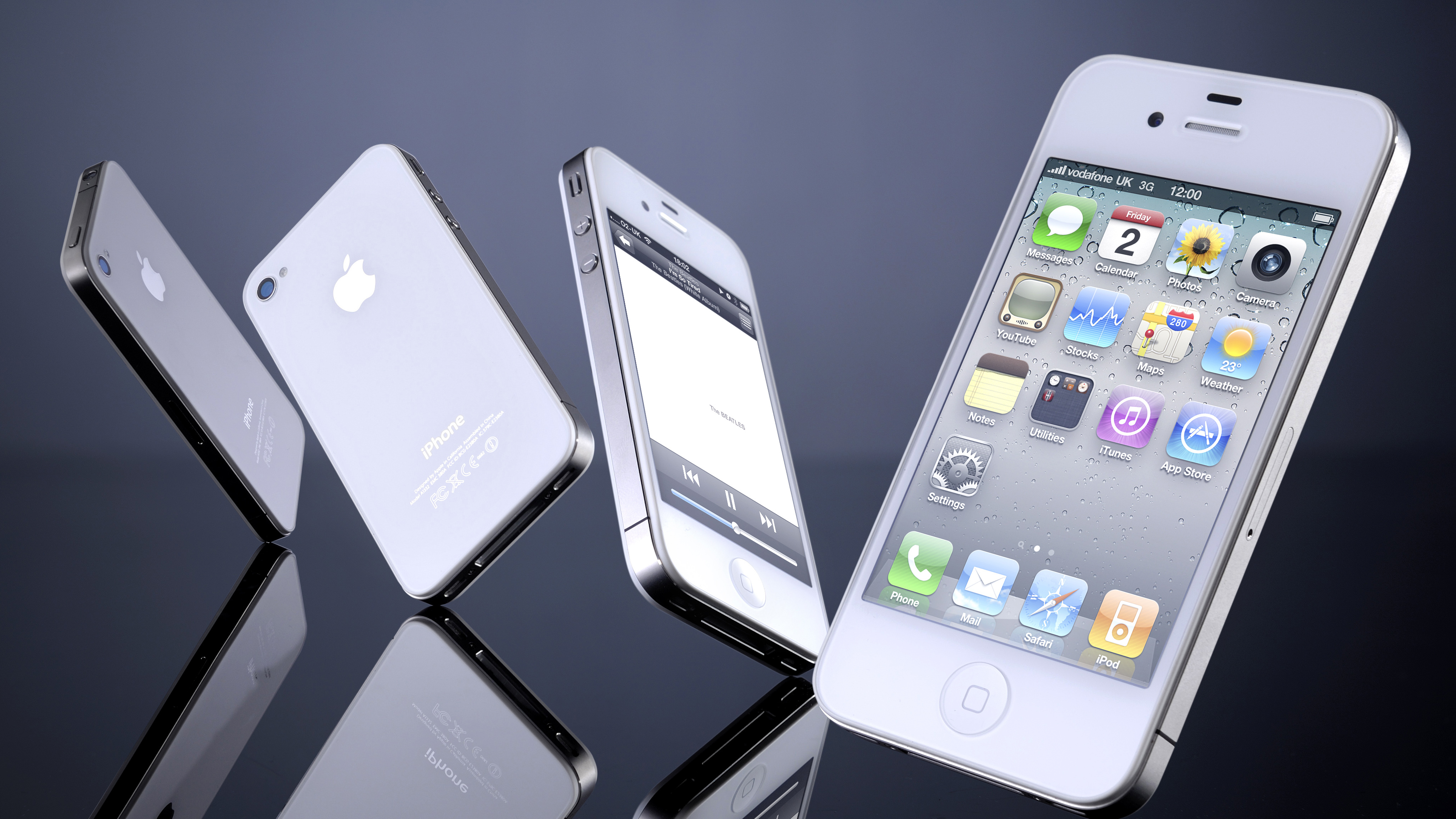China is censoring two of Apple's products
Apple's relationship with the Chinese government sours

The Chinese government has put a restriction of two of Apple's major services - iTunes Movies and the iBooks Store - in a move demonstrating that even the iPhone maker isn't exempt from the country's oversight on the internet.
Also startling is the quick turnabout to which China changed its mind, dropping support for iBooks and iTunes Movies a mere six months after the service made its debut in the country.
Apple originally had the a-okay from the government until China's State Administration of Press, Publication, Radio, Film and Television demanded closure of the digital storefronts, according to the New York Times.
Until recently, Apple and China have been on good terms, with Apple Pay even making it to the country earlier this year. However, the government, already known for its strict take on internet access and usage, has begun putting heavy favor towards more local tech companies such as Tencent, Alibaba, and Huawei.
Sources at The New York Times posit that China's phasing-out of American tech companies was expedited by the reveal of US monitoring programs by then-NSA contractor Edward Snowden in 2013.
Also spurring the initiative was Apple's stance during the San Bernardino iPhone unlocking case this spring. Apple had refused to create a backdoor for the FBI in order to crack into an iPhone 5C belonging to one of the terrorists involved in the 2015 shooting.
According to a congressional hearing regarding encryption, Apple had refused to share its source code Chine in the past - citing similar concerns that led to Apple's refusal to work with the FBI. If it's not going to work with the US government, it's almost certainly not going to work with Chinese officials.
Sign up for breaking news, reviews, opinion, top tech deals, and more.
In addition to promoting Chinese tech companies, the current administration under President Xi Jinping has been known to keep the internet - and content within - under discretion of the state.
This means that an organization like Apple, which went and made a big deal about being pro-encryption, runs against the interests of the government - not to mention its alleged repeated efforts in cyberspying.
An Apple spokesperson has said that the company will work to get books and movies available to customers in China "as soon as possible," though the flip-flop may mean that Apple may have to settle in for the long haul before any changes are made.
